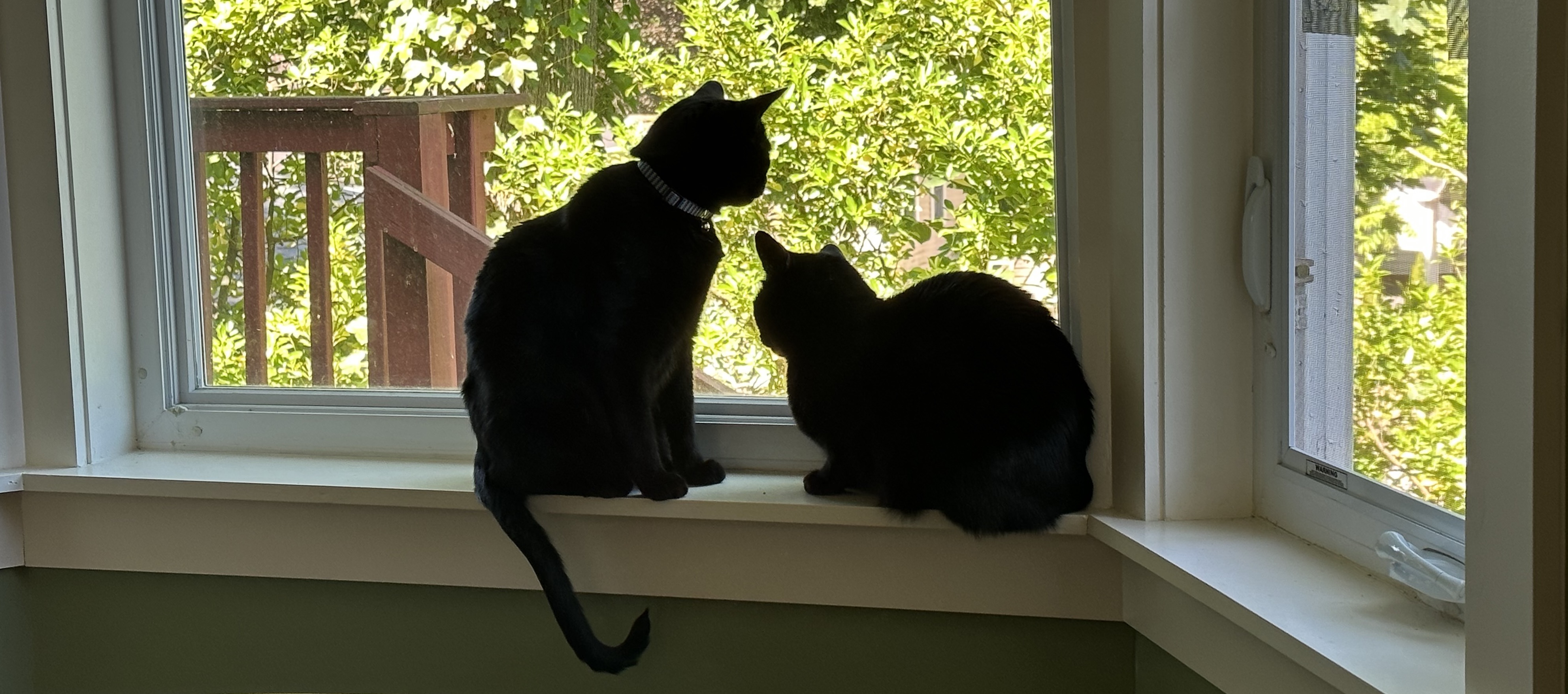

I worked for a guy, many years ago, small scale version of Musk. Guys like that hate to be contradicted. He had gone into partnership with my old company - which was a digital election company (back in the 90s and early 00s). We prided ourselves on our security and anonymity measures. Under this new company, this guy because CEO, and the first thing he did was tell everyone we could make “millions” by selling user data. I pointed out that violated out privacy and anonymity standards, and not even the next day I was reprimanded for speaking out.
You don’t need to be a billionaire to be stupid. Affluent is enough of a threshold. These are all grifters, granted many being successful. The grifters in this company were big fish/little pond. But they ruined a lovely little company that could have been stable and steady, recession-proof income for decades. Instead, they grifted the angel investors, ran the company into the ground and ended up spawning dozens of competitors in the field whereas before there were only 2 or 3.
These guys go from start-up grift to start-up grift, maintaining their affluence on the investor’s dime. I would say they, and the vulture capitalists they dance with deserve each other, but unfortunately, regular folks are always the collateral damage.
Musk was likely always an idiot, but was propped up by money, and earlier on either knew his place (as the “faceman”) or was adroitly distracted from direct involvement with the actual running of the company he bought.


According to the developer of Wipr, from what I understand Youtube is using A/B testing for their "ad blocker blocker” and that the dev is working on adapting the app for Youtube latest efforts.
In the meantime, I just stopped going to Youtube. I find I now have a lot of time to read.
I wouldn’t mind if Youtube placed and ad. But when a video has 4-5 ads that awkwardly break up the flow of the video I just don’t have the patience.